 |
 |
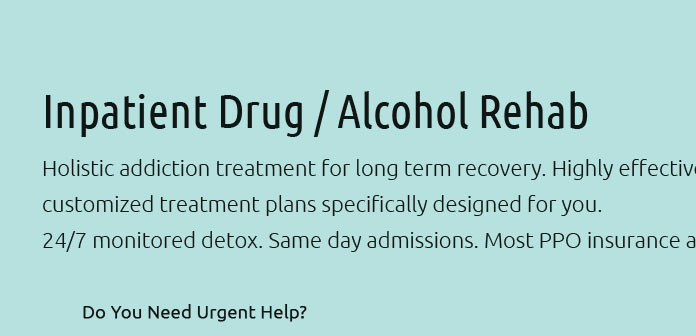 |
 |
 |
 |
||
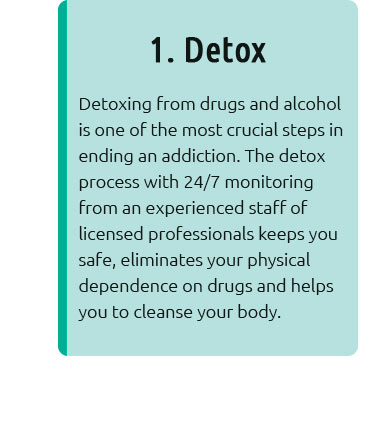 |
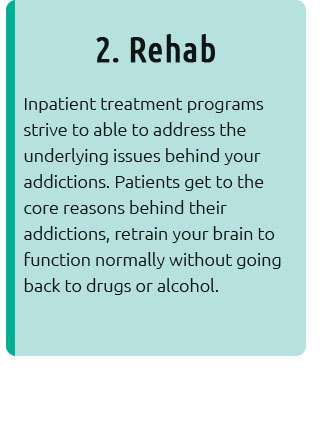 |
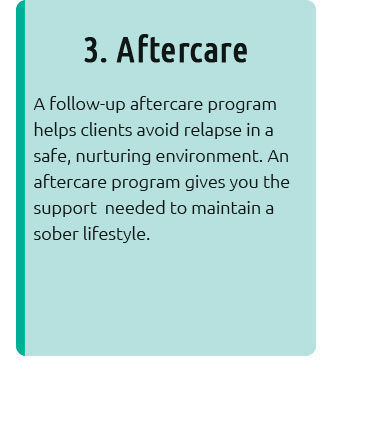 |
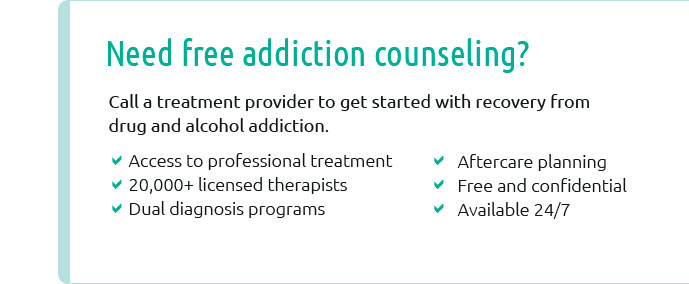 |
 |
 |
 |
||
 |
||
 |
||
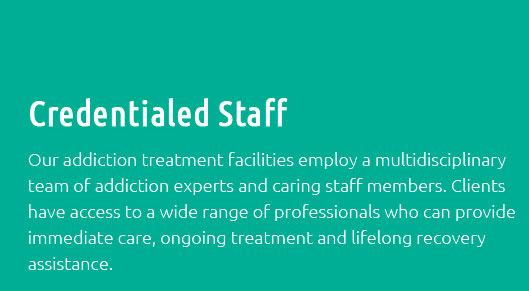 |
 |
 |
|
 |
|
|
Welcome to Inpatient Rehab Colorado, where transformation is more than a promise-it's a journey tailored to your unique story; nestled in the breathtaking landscapes of Colorado, our inpatient drug and alcohol rehab offers a sanctuary of healing, empowering individuals to reclaim their lives with the support of top-tier professionals and cutting-edge therapies; here, every moment is an opportunity for change, every step a stride towards a future free from addiction, and every day a testament to the power of resilience; choose a path that doesn’t just break the cycle but builds a vibrant new beginning-because at Inpatient Rehab Colorado, recovery is not just about leaving something behind, it’s about embracing everything ahead.
https://www.cedarcolorado.org/
At CeDAR, we believe recovery will look differently for everyone. Call 720.848.3000 to learn more about addiction treatment in CO. https://www.uchealth.org/locations/inpatient-rehabilitation-unit-university-of-colorado-hospital/
The Acute Inpatient Rehabilitation Unit at University of Colorado Hospital (UCH) helps people who have experienced major injury or illness regain the skills ... https://healingpinesrecovery.com/
Healing Pines Recovery is the best men's addiction rehab treatment center in Colorado for alcohol & drug addiction. Healing begins here. Get in touch!
|